Dr. Gemme Campbell-Salome
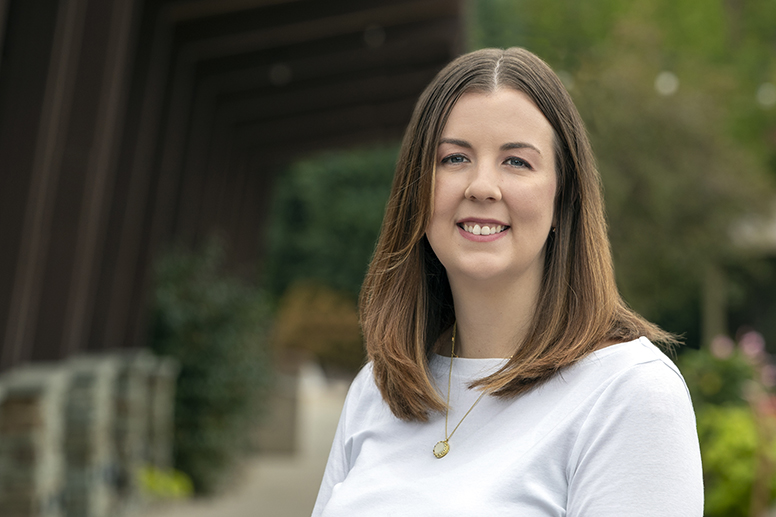
Dr. Gemme Campbell-Salome is an Assistant Professor at Geisinger in the Departments of Genomic Health and Population Health sciences. She is a health communication scientist, who investigates the relationship between family communication about disease and health outcomes such as cascade testing and medical adherence. She studies the persistent influence of family on individual health decision-making, with the aim of designing and testing health communication interventions at the individual, familial, and clinical levels. Her work in health communication interventions includes developing chatbots to communicate with individuals and families about hereditary disease risks, optimizing communication methods and messages to motivate cascade testing uptake, and designing patient-centered informative tools.
Kellie E. Carlyle, PhD, MPH
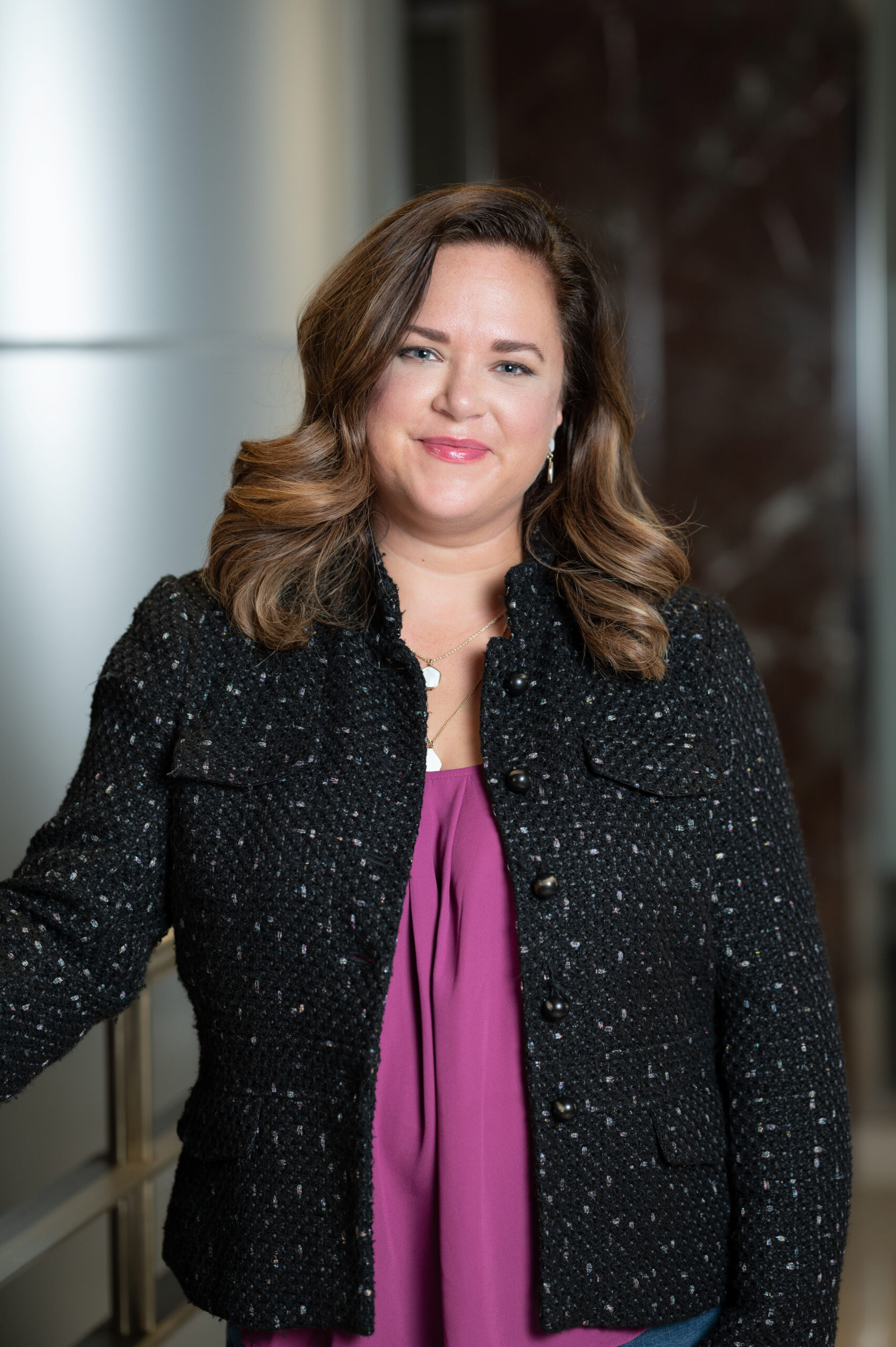
Kellie E. Carlyle, PhD, MPH, is a Professor in the Department of Health Behavior and Policy in the School of Medicine at Virginia Commonwealth University. She holds a graduate certificate in medical education and provides regular guest lectures in the pre-clinical medical curriculum. Her research centers intersectional approaches to health equity and focuses primarily in the areas of trauma-informed organizations, violence prevention, and sexual health promotion.
Heather Gardiner, PhD, MPH

Heather Gardiner, PhD, MPH, is Associate Professor of Social and Behavioral Sciences in Temple University’s College of Public Health. Gardiner directs the Health Disparities Research Lab and the Office of Community Engaged Research and Practice, which leads growth of the college’s interdisciplinary, community based activities for research, teaching, service and practice. She is a mixed-methodologist with a program of research focused at the intersection of interpersonal health communication and organ and tissue donation and transplantation. Across these areas of research, her primary goals have been to improve the organ and tissue donation process in the United States, reduce transplant inequities, and increase access to transplantation for marginalized populations. Gardiner has a strong record of externally funded research, representing over $17 million in funding, for which community engagement remains a core component. As Director of the Office of Community Engaged Research and Practice (CERP), she has led the office’s establishment, strategic planning, and implementation of programs to build the College’s portfolio of community engaged research. She has considerable experience/expertise engaging various stakeholders, including low resourced racial/ethnic minorities, in her own research, for the CERP office, and in support of the research of faculty in the College. Gardiner earned her doctorate from the State University of New York at Buffalo, and her master’s in Public Health from Virginia Commonwealth University.
 Nancy Grant Harrington, PhD
Nancy Grant Harrington, PhD
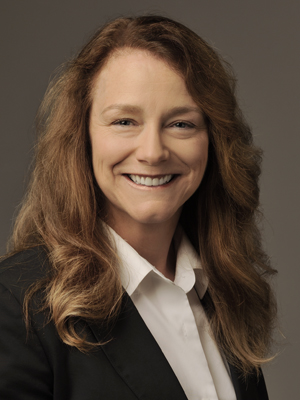
Nancy Grant Harrington is University Research Professor in the Department of Communication at the University of Kentucky (UK). She also holds an academic appointment in the UK College of Public Health, is a faculty associate of the UK Multidisciplinary Center on Drug and Alcohol Research, and is a founding faculty associate of the UK Center on Health Equity Transformation. Harrington’s research focuses on persuasive message design for health behavior change interventions and challenging conversations in healthcare. She has been principal investigator, co-investigator, principal evaluator, or consultant on several NIH-funded and CDC-funded studies totaling more than $10 million. She has published close to 90 journal articles, chapters, and encyclopedia entries and has authored, edited, or co-edited four books. She has been teaching persuasive message design at the graduate level for more than a decade.
Gretchen Holmes, PhD

Gretchen Holmes, PhD oversees all Medical Education, including Graduate and Undergraduate Medical Education and Clinical Research, for Memorial Hospital at Gulfport. She has taught courses at the CDC on Behavior Change Theory and has served as a national-level patient advocate for NCI for over twenty years. She serves on the editorial board for the Journal of Patient Experience and in 2014, she was chosen as one of 14 National Rural Health Association Fellows in health policy. In 2022, she was named as one of 100 Successful Women to Know on the Gulf Coast by Gulf Coast Woman magazine and is the host of “The Work in Between,” a podcast that explores the daily work we have to do to reach our health goals.
Cynthia A. James, ScM, PhD, CGC
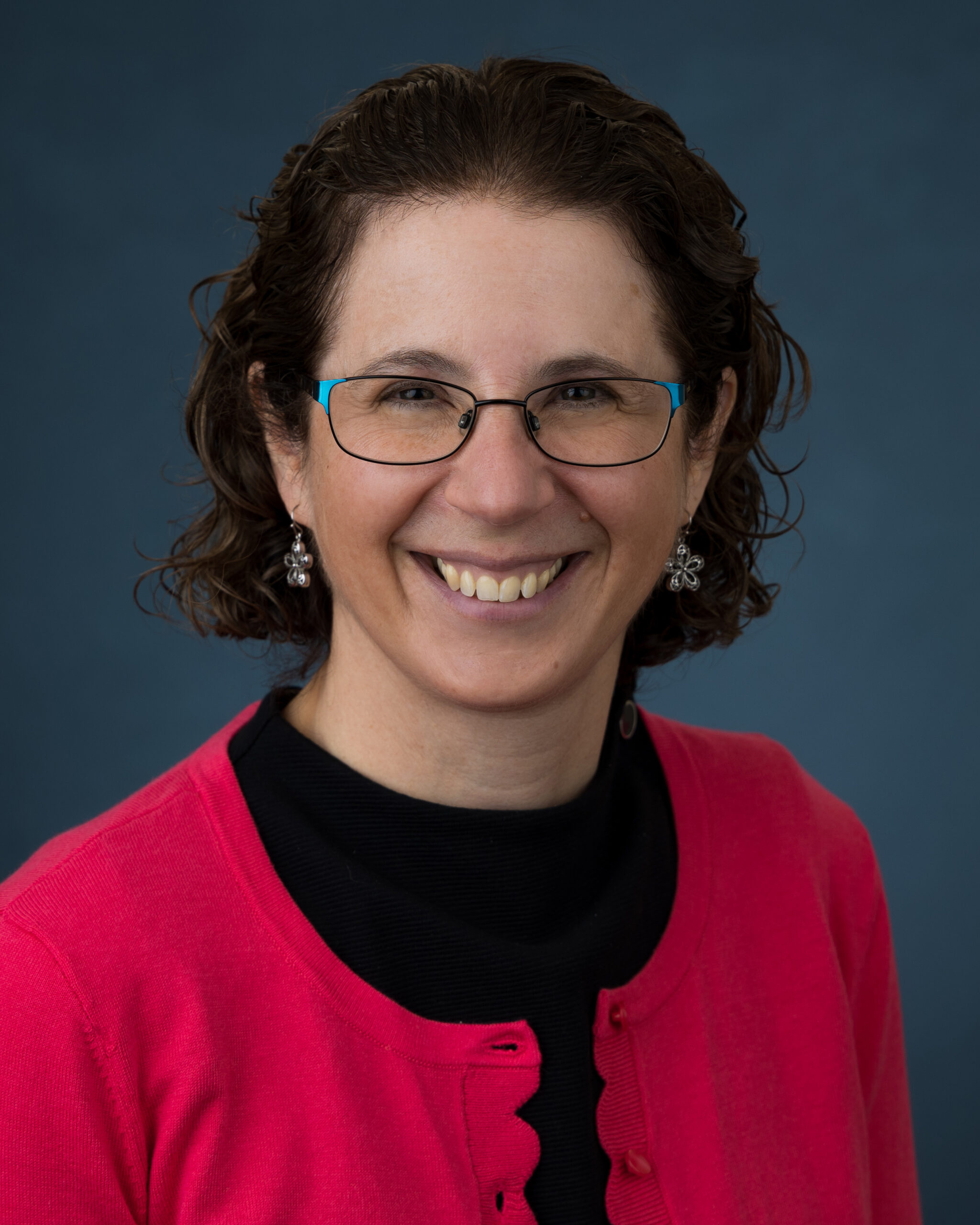
Dr. James is an Associate Professor of Medicine (Cardiology) and Genetic Medicine and certified genetic counselor at Johns Hopkins University. She is the Research Director of both the Johns Hopkins Center for Inherited Heart Diseases and the Johns Hopkins ARVC Precision Medicine Center of Excellence. Her research focuses on: 1) investigating the interplay of genotype and environmental factors on clinical outcomes in arrhythmogenic cardiomyopathies, 2) defining the genetic architecture of inherited cardiomyopathies, and 3) improving cardiovascular genetic counseling service delivery and outcomes. She is the PI of an NIH-funded 3-arm randomized clinical trial testing the impact of post-test focused genetic counseling models on patient empowerment, psychosocial, and medical outcomes as well as on genetic counseling efficiency.
Dr. James received her undergraduate degree in biology from Cornell University, her ScM in Genetic Counseling from the Johns Hopkins School of Public Health/NIH training program, and her Ph.D. in Human Genetics from Johns Hopkins University. Dr. James joined the Johns Hopkins faculty in 2013 after a decade as a practicing genetic counselor.
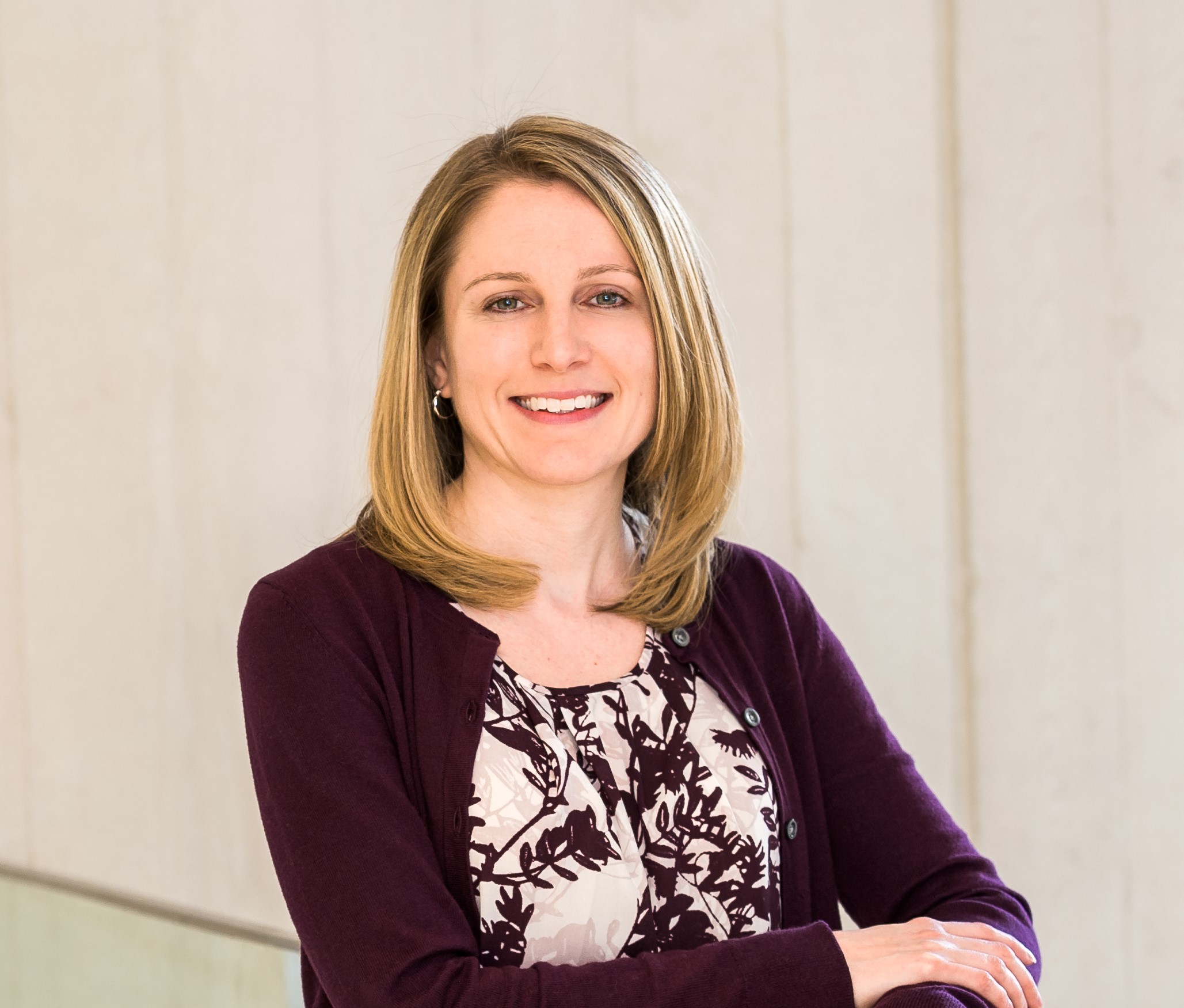
Carrie A. Miller
Carrie A. Miller, PhD, MPH is an Assistant Professor in the STEM Translational Communication Center at the University of Florida (UF) College of Journalism and Communications. Dr. Miller’s area of expertise is social/behavioral and population health and her overarching research interests include the intersection of health and social, behavioral, and psychological factors. This background provides her with a unique perspective in communication science. Prior to joining the UF, she completed a Susan G. Komen predoctoral fellowship and a National Cancer Institute T32 postdoctoral training program in cancer prevention. As a T32 scholar, she gained advanced training in health communication, social media, and mobile/digital health; conducted social listening studies focused on understanding the public discourse of health-related topics on social media; and research aimed at addressing misinformation. Dr. Miller is particularly interested in leveraging novel communication and digital strategies to improve population health.
Meghan Moran, PhD

Meghan Moran is a health communication scholar studying how health information can best be communicated to individuals in different contexts and through different channels. She studies micro-level processes of persuasion and social influence, as well as the more macro-level health communication that occurs in society. Dr. Moran is currently leading research to inform regulation of tobacco marketing, as well as the development of tobacco prevention messages. She also conducts research examining vaccine hesitancy and strategies for vaccine promotion, and strategies for increasing cancer screening. These research areas leverage her expertise in health communication, persuasion, message design, and media effects.
Kami Silk, Ph.D
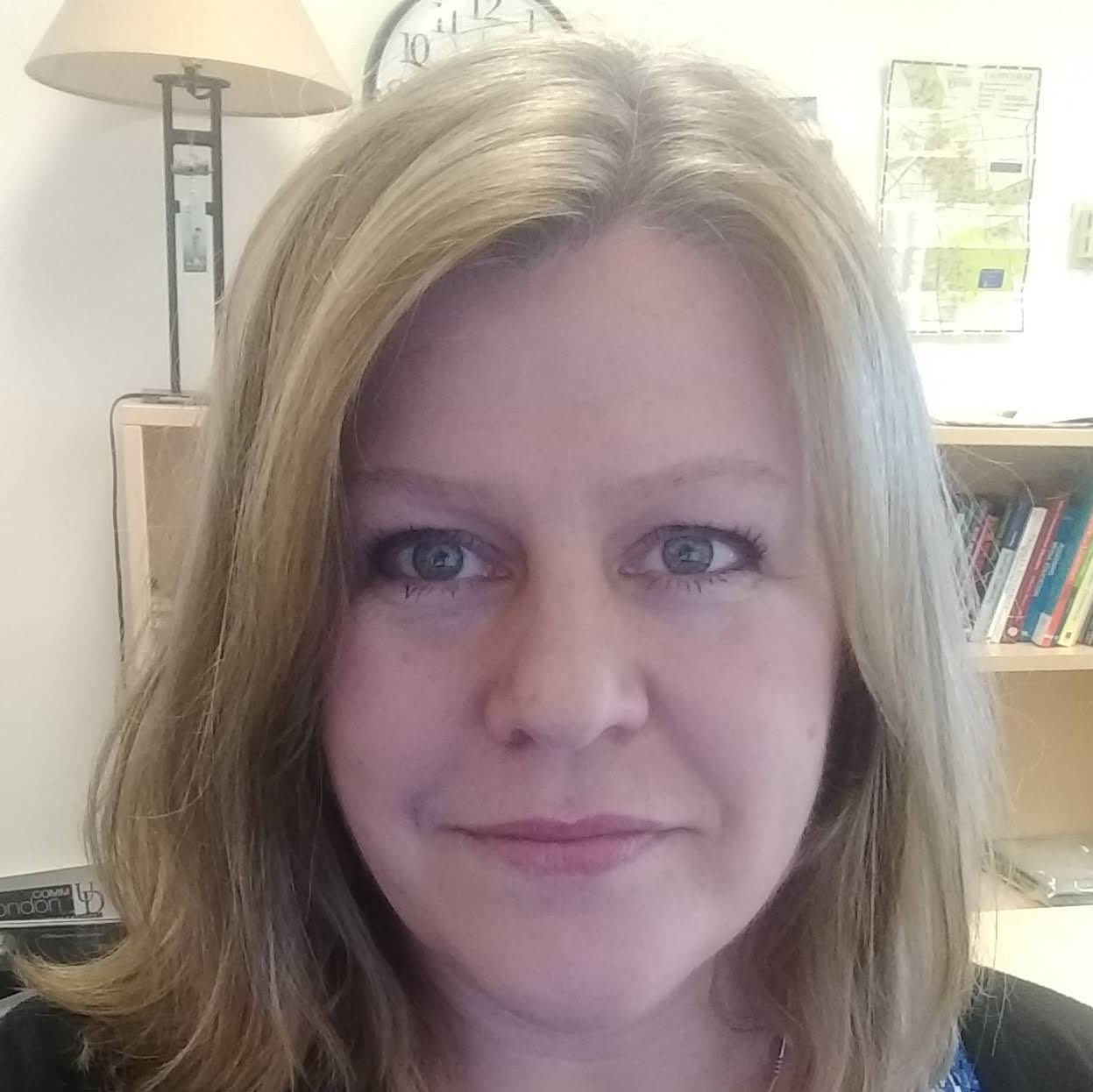
Kami Silk, (Ph.D., University of Georgia) is Rosenberg Professor and Chairperson of the Department of Communication at the University of Delaware. Her research has focused on social norms and persuasive message design across the health issues of breast cancer risk reduction, suicide prevention, and improving nutritional practices among adolescent mothers for obesity reduction among infants. Her collaborative research with the Breast Cancer and Environment Program focused on translational science and outreach activities to educate girls, parents, and pediatric health care providers about the links between the environment and breast cancer.
Jennifer St. Clair Russell, PhD, MSEd, MCHES
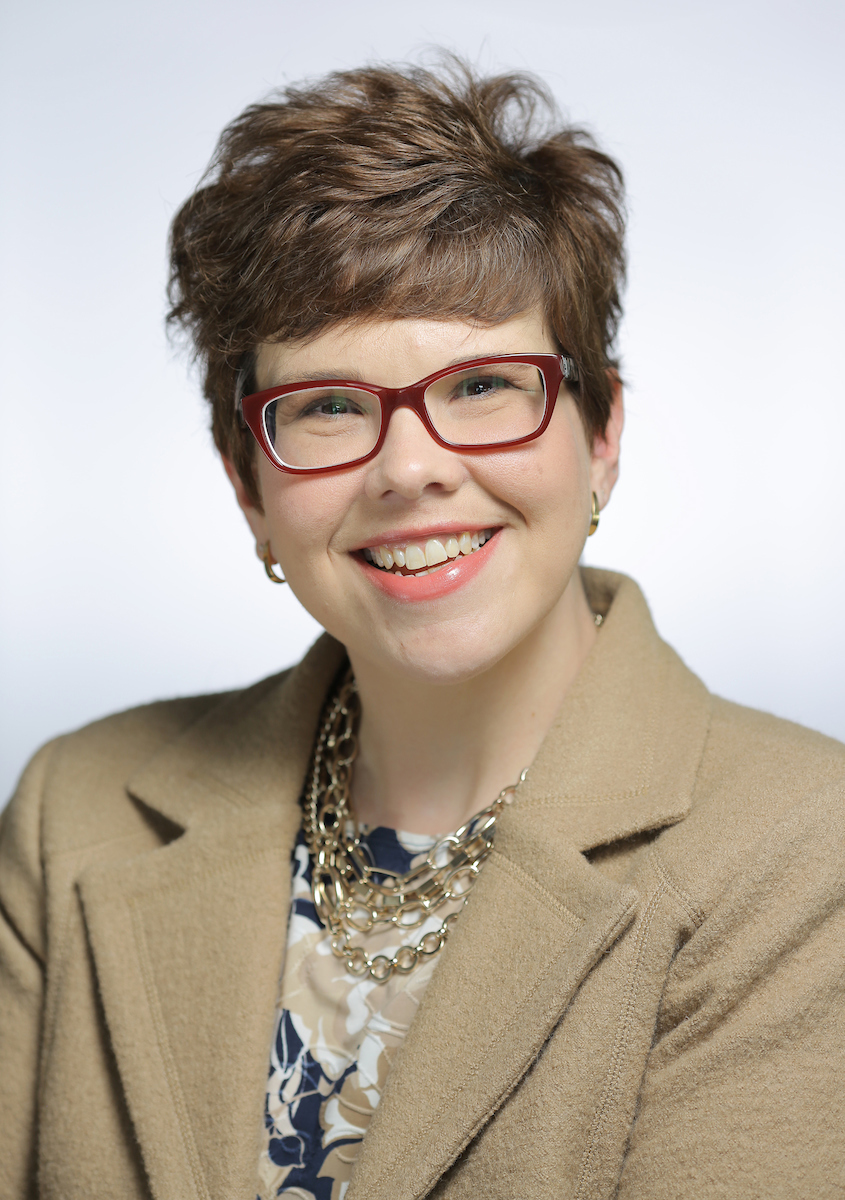 Jennifer St. Clair Russell is social and behavioral scientist with over 25 years of experience developing, implementing and evaluating health behavior programs for patients, families and care partners. Since 2006, her work has primarily focused on kidney disease, working across the spectrum of diseases, from prevention to treatment.
Jennifer St. Clair Russell is social and behavioral scientist with over 25 years of experience developing, implementing and evaluating health behavior programs for patients, families and care partners. Since 2006, her work has primarily focused on kidney disease, working across the spectrum of diseases, from prevention to treatment.
Dr. St. Clair Russell is the Founder and Principal of her own consulting business, Dimensions of Care, LLC. She works as an expert advisor for non-profit organizations, startups and technology companies, and pharmaceutical and device manufacturers on patient education and engagement initiatives. She also helps to create, deliver and evaluate interactive continuing medical education (CME) programs across the interdisciplinary team (e.g., physicians, nurses, social workers, dietitians, dialysis technicians and public health professionals). Dr. St. Clair Russell also serves as an Adjunct Assistant Professor in the Department of Health Behavior and Policy at Virginia Commonwealth University
Dr. Jennifer R. Warren

Dr. Jennifer R. Warren is an interdisciplinary health communication scholar, assistant professor at George Mason University, and director of the Communicating Equity and Health Justice Research Lab, which focuses on the communication of equity and healing justice through intersectional investigations of racism, contributory mechanisms, and health risks/outcomes for Black women. Dr. Warren is researching racism-specific adaptive coping among perinatal Black women to inform clinical, public, and community health communication efforts. She regularly partners with health systems and nonprofits to translate her work from bench to bedside and help health systems identify and implement anti-racist quality improvements.
*More mentors will be added soon!
